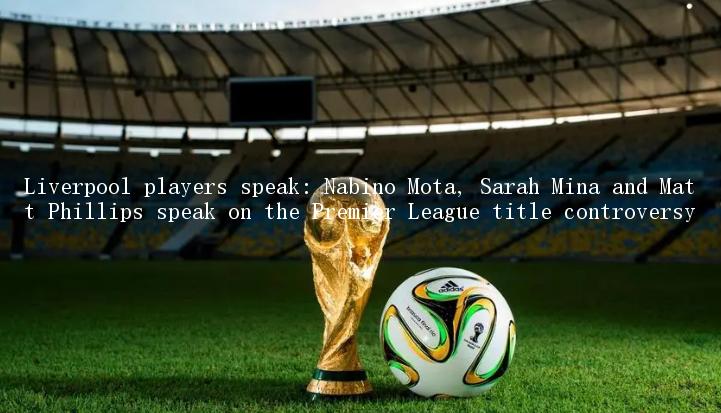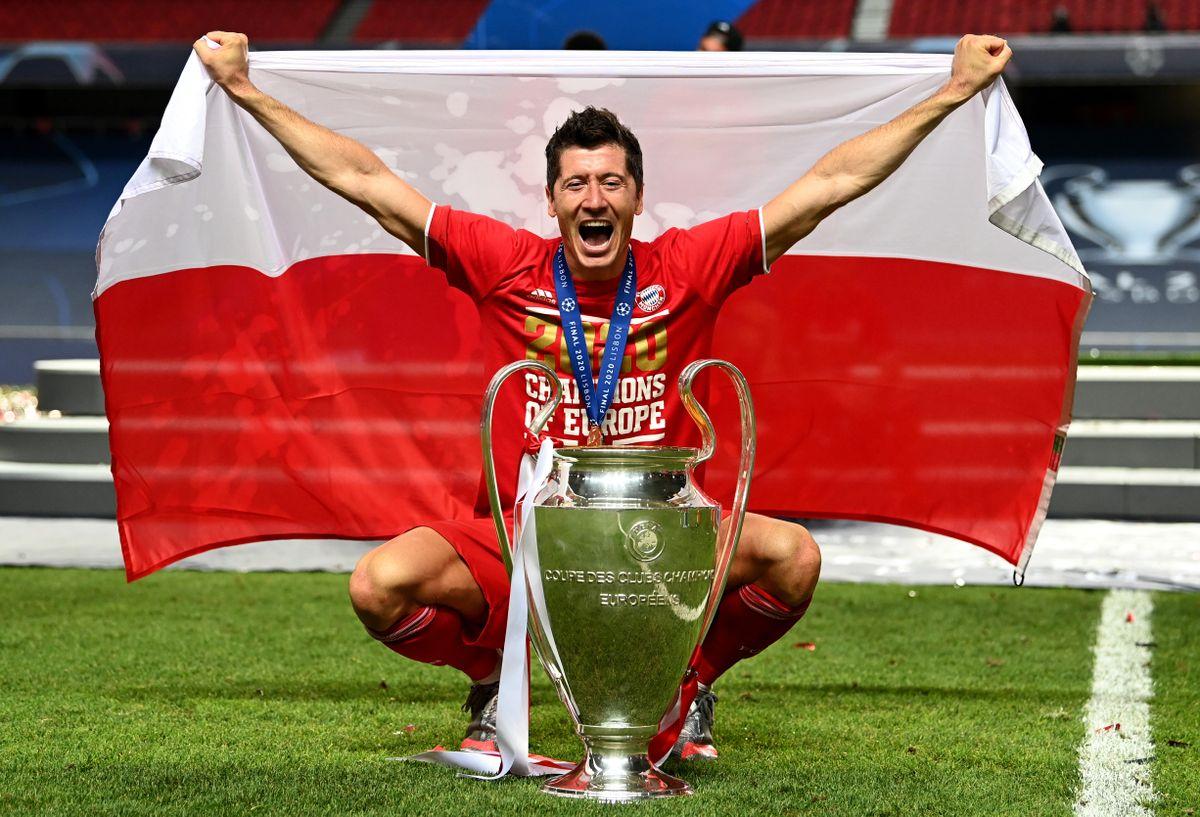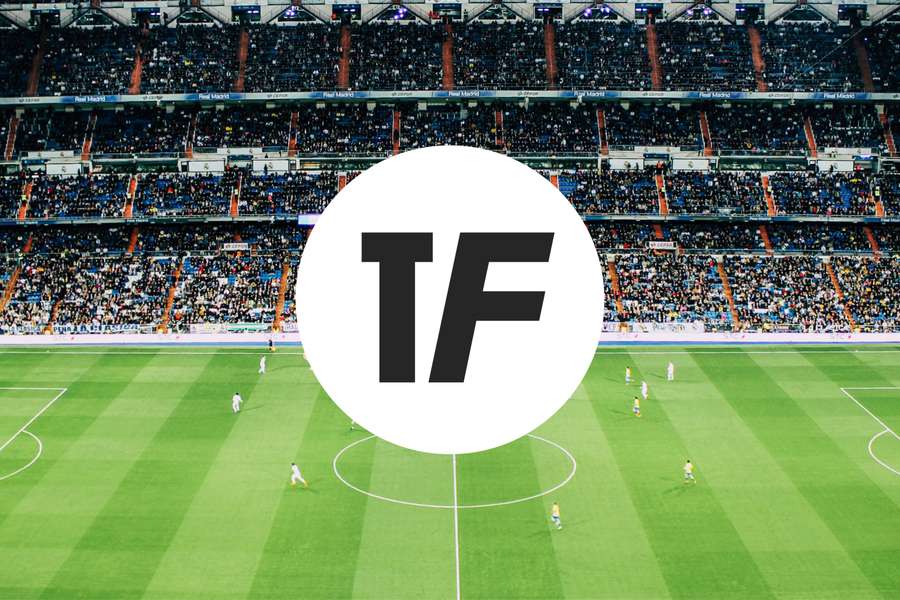European leagues and unions unite to challenge Fifa's overcrowded calendar
BRUSSELS – The European Leagues umbrella body, Fifpro players’ union, and Spain’s La Liga are coming together to lodge a joint complaint with the EU on October 14th against FIFA regarding the increasingly crowded football schedule.
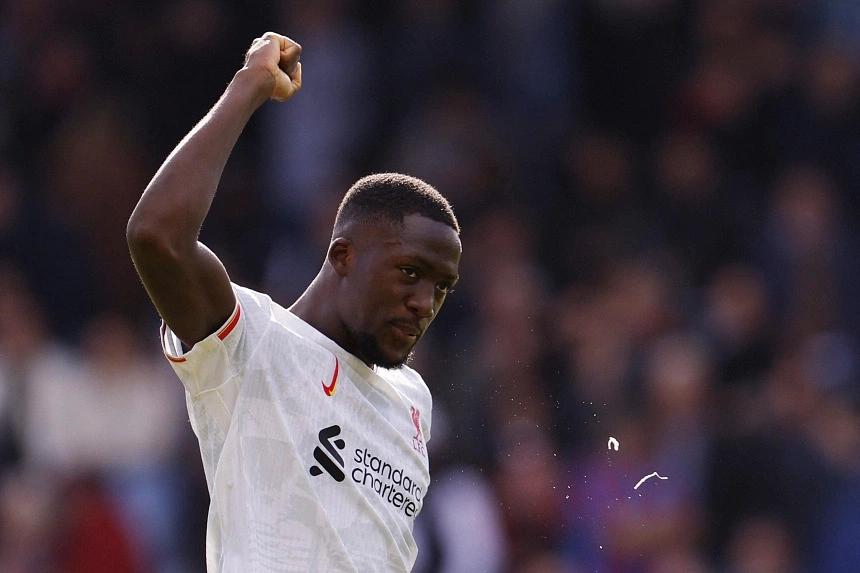
Elite clubs are increasingly concerned at the impact of expanding schedules on wellbeing of players, some of whom say they are struggling with the physical and psychological strain despite the enormous salaries they can earn.
France and Liverpool defender Ibrahima Konate was the latest player to speak out against the packed fixture schedule, saying earlier in the week that he supports his fellow players’ right to strike over the issue.
Manchester City midfielder Rodri had warned in September that footballers were ready to down tools in protest if the situation did not improve. In a twist of fate, the Spaniard suffered a season-ending anterior cruciate ligament injury soon after making those comments, further fuelling the debate around the intense schedule and player wellbeing.
“If this dynamic continues and the players decide to bang their fists on the table then we’re all in this together,” Konate, 25, told reporters when asked about whether he supported a strike.
“If tomorrow there’s a movement that will lead to understanding, I’ll be part of it. And I think all the players will follow suit.”
The three organisations’ appeal to EU antitrust regulators, first announced in July, presents yet another challenge to Fifa. Two weeks ago, Europe’s top court ruled that Fifa’s player transfer regulations breach EU laws following a challenge by former player Lassana Diarra from France.
Disgruntled athletes and sports bodies have increasingly turned to the EU antitrust enforcer to help secure a level playing field and chip away at the power of governing bodies.
European Leagues, Fifpro and La Liga say the international match calendar, including an expanded Champions League and Club World Cup, has become unsustainable for national leagues and a health risk for players.
Crucially, all three European club competitions – the Champions League, the Europa League and the Conference League – have been expanded to 36 teams this season with more matches being played for each team.
England recorded the highest number of domestic back-to-back matches, 87, among top European leagues last season, with Premier League clubs averaging the shortest recovery time between games at 67.3 hours.
The three bodies have accused Fifa of abusing its market power.
But the world body insisted that the calendar was unanimously approved by its council after a comprehensive consultation, including Fifpro and league bodies.
The European Commission, which acts as the competition enforcer for the 27-country bloc, can order companies to stop anti-competitive practices and also fine them.
RELATED STORIES
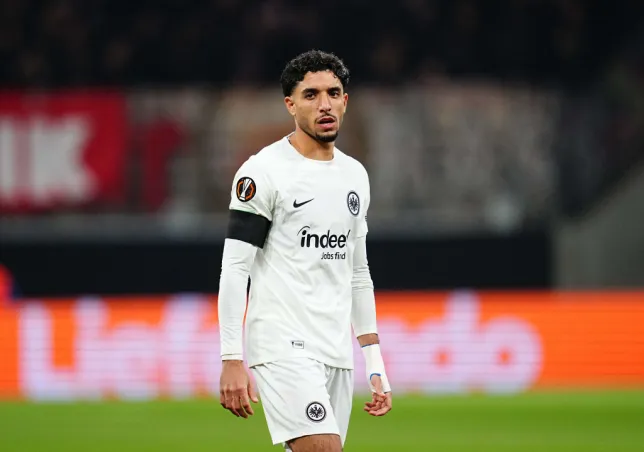
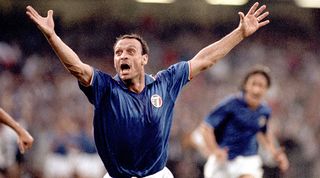
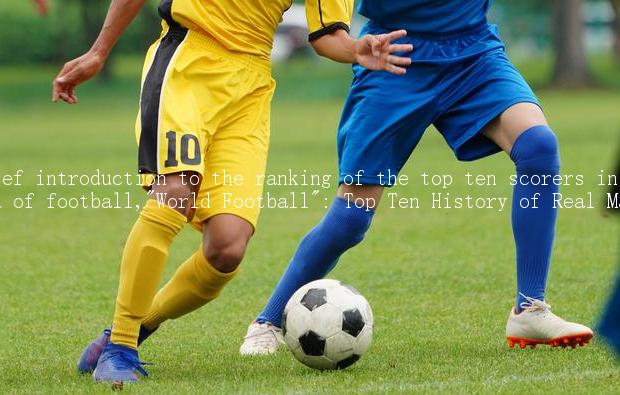
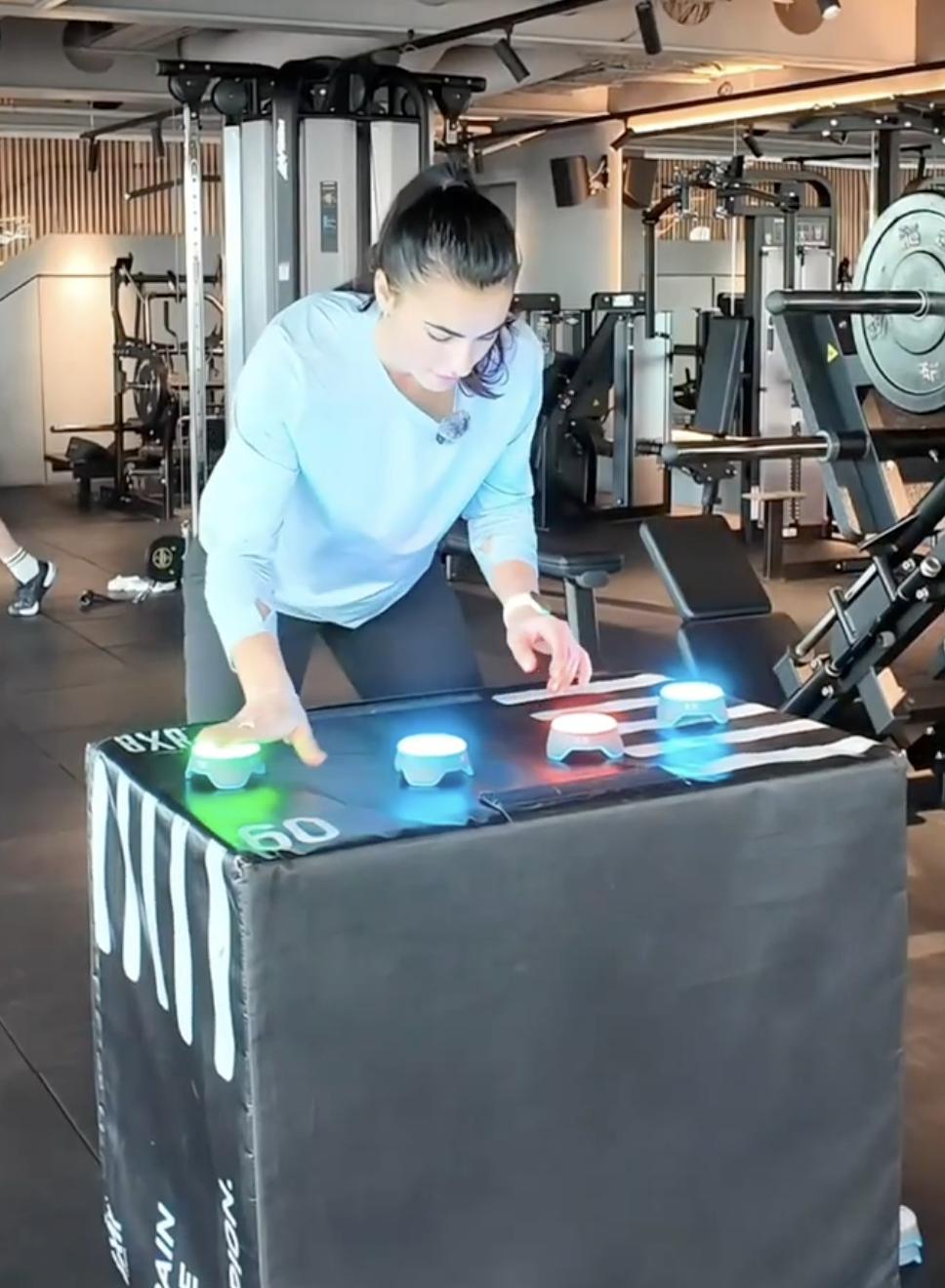

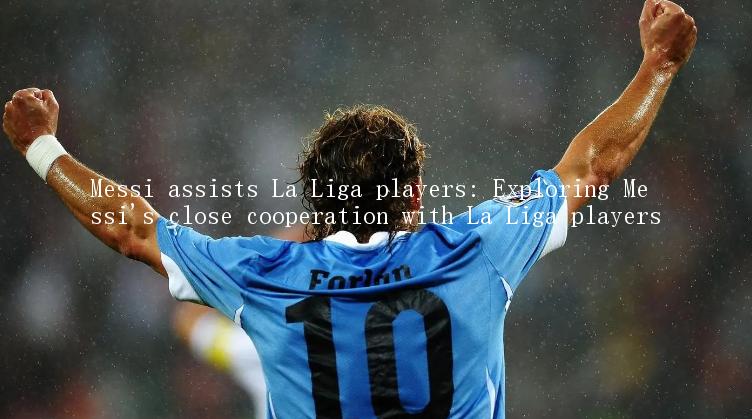
LATEST NEWS

